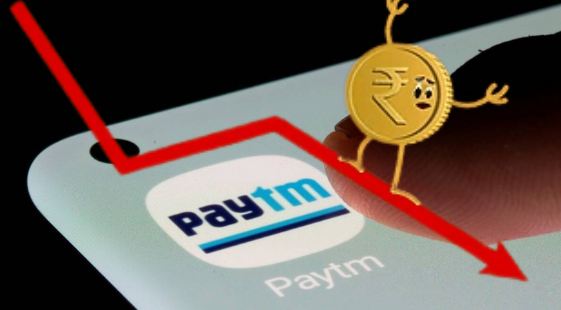- The last time such an IPO frenzy was witnessed was the year 2007 – just before the global financial crisis.
- Most of these freshly listed companies are overvalued by any standard and the next phase of correction would make their valuations more realistic.
- Brokerage firm Macquarie suggested a 44 per cent correction in the valuation with the price per share reaching 1,200 rupees from the issue price of 2150 rupees.
- At the time of the IPO issue, Zomato has pegged at Rs 66,000 crore or $8.8 billion in valuation.
The Indian stock market is going through an IPO frenzy. The last time such an IPO frenzy was witnessed was the year 2007 – just before the global financial crisis. The loss-making companies like Zomato, PolicyBazar, Cartrade India limited, and Paytm are posting valuation worth billions of dollars without posting a single quarterly result in green. And the valuation of a few profit-making ones like Nykaa has crossed that of Vedanta, Bajaj Auto or Coal India – the companies that are in the market for decades and earned millions for their existing investors.
Most of these freshly listed companies are overvalued by any standard and the next phase of correction would make their valuations more realistic. Paytm’s 18,300 crore rupees IPO, which was the country’s largest, was subscribed 1.89 times last week. On the BSE, Paytm stock opened for trading at 1,955 rupees. But, on the very first day of the listing, the company hit the lower circuit (above 20 per cent fall in share price) with a 26 per cent drop.
Brokerage firm Macquarie suggested a 44 per cent correction in the valuation with the price per share reaching 1,200 rupees from the issue price of 2150 rupees. “Paytm’s valuation, at 26 times FY23 price to sales (P/S), is expensive especially when profitability remains elusive for a long time. Most fintech players globally trade around 0.3-0.5 times PSG (price to sales growth ratio) and we have assumed the upper end of this band. We are unwilling to give it a premium here as we are unsure about the path to profitability. Key risks include change in regulations which allow monetisation of UPI and receipt of a banking license,” said the brokerage firm.
Similarly, Nykaa’s share price took a severe beating, as it was revealed that the company’s profit fell 96 per cent as marketing costs surged in the quarter preceding its IPO launch.
According to news reports, Nykaa’s net income dipped to Rs 1.2 crore ($161,000) in the quarter ended September from Rs 27 crore the previous year, as a 92 per cent increase in expenses dwarfed the 47 per cent gain in revenues.
While Nykaa’s results of last quarter were not published until after the listing — the investors gung-ho about the profitability of the company subscribed to the IPO by over 100 per cent on the first day of the offering itself.
PayTM is in its 11th year of operation, the company is still a loss-making company. In FY21, when the use of digital wallets and mobile payments surged, the company posted a decline in revenues. Despite a 60 per cent cut in marketing and promotional expenses, the losses continued and the road to profitability is unclear.
Zomato also rode the hype train with inflated valuations and managed to bag a lucrative IPO listing. However, even today, observing the food aggregator’s numbers, leading up to the IPO makes one wonder how the Indian market operates or is it just a big bubble waiting to burst.
At the time of the IPO issue, Zomato has pegged at Rs 66,000 crore or $8.8 billion in valuation. However, a year ago, when the pandemic had not struck the world, the food major’s valuation was $ 3.5 billion, and that too after acquiring Uber Eats and its India services.
What appeared rather quizzical was the fact that in a pandemic year when Zomato’s average delivery order value fell from Rs 400 odd to Rs 238, the company managed to scale its valuation manifolds. Make no mistake, the company is still making a handful of money for its investors. From the issue price of Rs 76 per share, the company has risen to Rs 160 per share, as of the last recorded trading session despite widening losses.
While it is good to see record retail participation and massive democratization of stock markets, the retail investors must not fall for the media hype and play on the safer side by investing in profit-making established companies and letting the institutional investors take the fall in new listings and their crazy valuations.
























